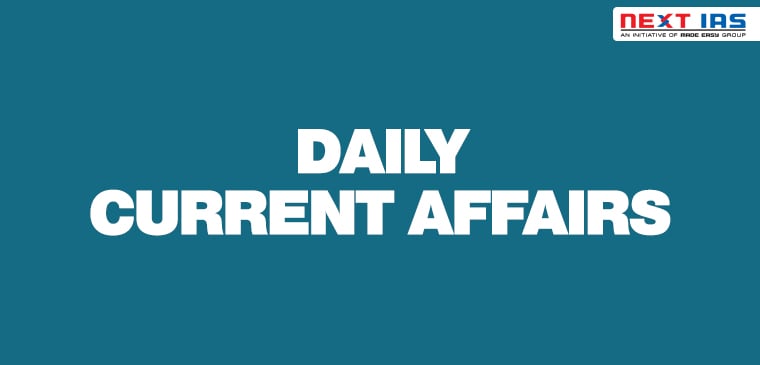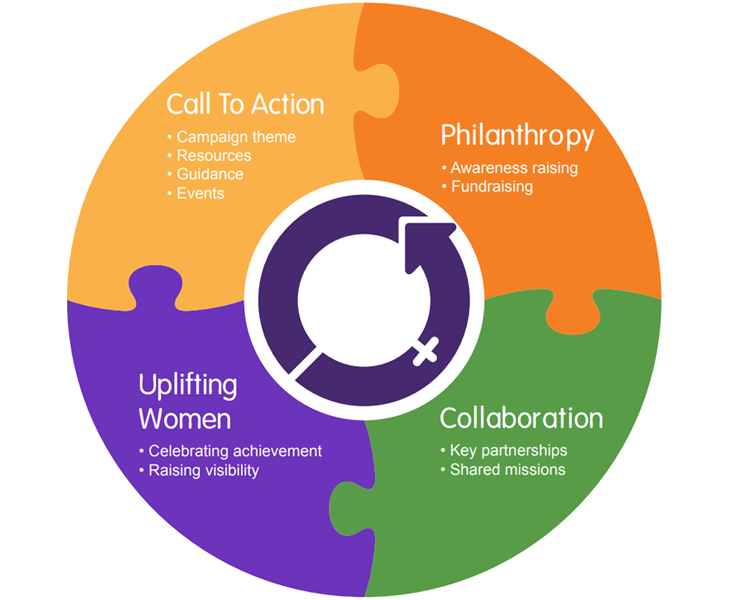
In News: Gujarat High Court recently proposed guidelines that the state should follow to end menstruation taboo and discrimination related to it.
- Even Vishakha Guidelines were an outcome of judicial proceedings.
Menstruation:
Menstruation, also known as period, is normal vaginal bleeding that occurs as part of a woman’s monthly cycle.
- Every month, the womb prepares for pregnancy.
- If no pregnancy occurs, the uterus, or womb, sheds its lining.
- The menstrual blood is partly blood and partly tissue from inside the uterus.

Reason behind PIL
- 66 girls were stripped to check for menstruation by Shree Sahjanand Girls Institute (SSGI) in Bhuj town of Kutch in 2020.
- After public and media outrage, the accused were booked under Indian Penal Code sections 384 (extortion), 355 (assault with intent to dishonour a person) and 506 (criminal intimidation).
- After the initial probe, the in-charge vice-chancellor of the university justified the action,
- He said that the girls were checked because the hostel has a rule that girls on their menstrual cycle are not supposed to take meals with other inmates.
- After this incident, 2 activists filed a PIL before the Gujarat HC.
- The PIL seeked declaration of the need to frame legislation that deals with the exclusionary practices against women on the basis of their menstruation status.
Arguements in favour of Eliminating Menstrual Discrimination by Judicial Verdict
- Untouchability: Treating menstruating women differently amounts to a practice of untouchability.
- It violates Article 17.
- Irrationality and Superstitions: Several existing laws are not able to deter the rampant superstition, taboo, myths around menstruation and ostracisation and discriminatory rituals related to it.
- Hence, a specific law addressing abolition of untouchability of menstruating women must be thus brought in force as the Bhuj incident is only an “indicator” of an otherwise widespread problem.
- It is against the Fundamental Duties which mandate citizens to be rational.
- Right to Privacy and Body Autonomy: Exclusion on the basis of menstruation status is not only an infringement of women’s bodily autonomy but also an infringement of right to privacy.
- It violates Article 21 i.e Right to Dignified Life.
- Denial of equal opportunities: Such taboo and discriminatory practices lead to a large number of girls dropping out of school when they begin menstruating.
- Convention on Elimination of all form of Discrimination against Women: It is an international treaty adopted in 1979 by the United Nations General Assembly.
- Described as an international bill of rights for women, it was instituted on 3 September 1981 and has been ratified by 189 states.
- Sabarimala Verdict: The Supreme Court’s Sabarimala temple entry judgment where a 4:1 majority bench had held that the temple’s practice of excluding women’s entry is unconstitutional.
Observations of Gujarat HC
- HC termed the petition in public interest as “extremely important”.
- The crux of 9 points proposed as plausible guidelines are:
- Prohibit social exclusion of women on the basis of their menstrual status at all places, be it private or public, religious or educational.
- Awareness among different Stakeholders: It urged the state government to raise awareness among various strata including health workers, field and community health, ASHA and Anganwadi workers, adolescents and parents, etc.
- This can further disseminate the knowledge in the community and mobilize social support against busting menstruation related myths.”
- Normalise conversation: The bench also stressed on the need to normalise conversations around menstruation by using various mediums like
- Putting up posters at public places.
- Including it in the school curriculum.
- Using audio visual mediums like radio, entertainment or news channels, short films etc.
- Adolescent Friendly Health Services Clinics must also have trained manpower to address these issues,
- Allocate Necessary Funds: It will ensure implementation and awareness around menstruation.
- Include in School Curriculum: The guidelines also list the state government’s role in raising awareness, including the topic in school curriculum and sensitisation drives.
Previous Examples Set by Judiciary
- Sabarimala Temple Entry: The Supreme Court in 2019 noted that “Notions of “purity and pollution”, which stigmatized individuals, can have no place in a constitutional regime.
- Regarding menstruation as polluting or impure, and worse still, imposing exclusionary disabilities on the basis of menstrual status, is against “the dignity of women which is guaranteed by the Constitution.”
- Paid Menstruation Leave: The Delhi High Court in 2020 had asked government authorities to treat a PIL seeking direction to grant paid period leave to all women employees for four days each month and payment of overtime allowance in case the women opt to work during the menstruation period, as a representation.
- PMS Syndrome as ground for Insanity: Rajasthan High Court in 2018 had deemed premenstrual stress (PMS) syndrome as a sufficient ground to plead defense of insanity in a criminal appeal.
Way Forward
- Opinion of Legislature and Executive: Before issuing any concrete directions, the division bench has given an opportunity to the state and central government to opine on the guidelines that are being proposed by the bench.
- The bench clarified that the proposed guidelines are only “a prima facie consideration of the issue in question” and given the “very delicate issue” the court deems it necessary to hear all the respondents and other stakeholders.
- A healthy and meaningful debate or deliberations is necessary in the present litigation.
Source: IE
Previous article
Arbitration and Conciliation (Amendment) Bill, 2021
Next article
Whale Shark Conservation in India